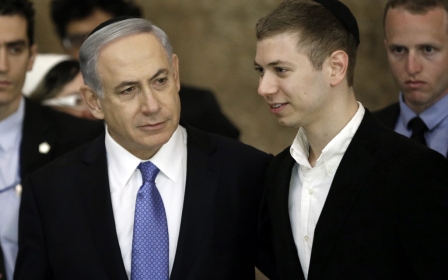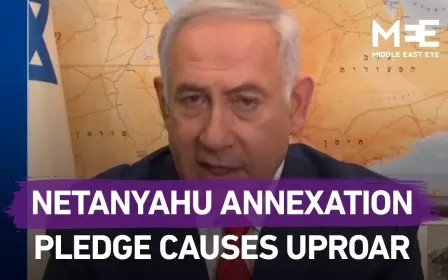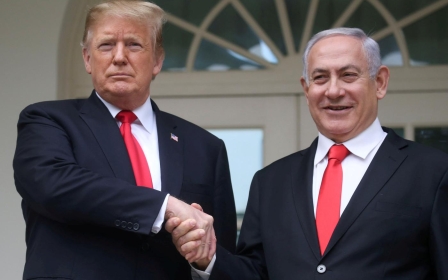US envoy says Palestine-Israel peace plan does not include confederation with Jordan
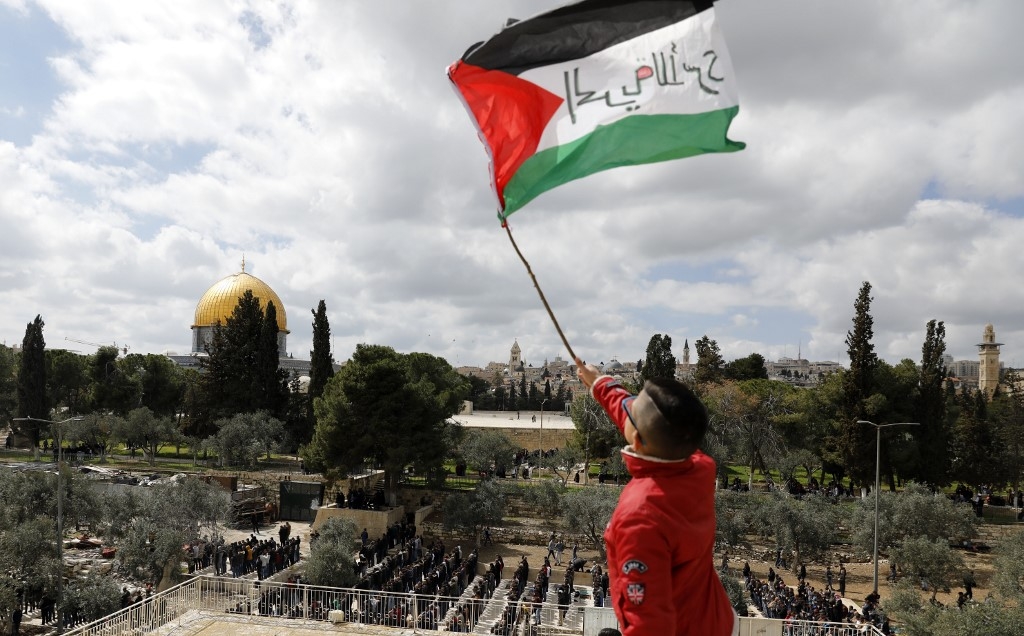
The United States Middle East envoy on Wednesday shut down rumours that the Trump administration's yet-to-be-announced peace plan between Israel and Palestine would include a confederation including Jordan.
Jason Greenblatt, in a Twitter post, also said that the long-anticipated plan, dubbed the "Deal of the Century", does not envisage creating a Jordanian homeland for the Palestinian people.
"Rumors that our peace vision includes a confederation between Jordan, Israel & the PA, or that the vision contemplates making Jordan the homeland for Palestinians, are incorrect," Greenblatt wrote. "Please don’t spread rumors."
On Friday, Greenblatt made a similar announcement on Twitter, assuring followers that the US does not have plans to take part of Egypt's Sinai desert for the creation of a Palestinian state.
New MEE newsletter: Jerusalem Dispatch
Sign up to get the latest insights and analysis on Israel-Palestine, alongside Turkey Unpacked and other MEE newsletters
"Hearing reports our plan includes the concept that we will give a portion of Sinai (which is Egypt’s) to Gaza. False! Please don’t believe everything you read. Surprising & sad to see how people who don’t know what’s in the plan make up & spread fake stories," Greenblatt tweeted.
The rumour about a proposed Palestinian state in the Sinai has been spread at least in part by a movement calling themselves the New State Solution.
The group published an opinion column outlining their proposal in the New York Daily News on Sunday.
While rumours swirl around the real so-called "Deal of the Century," US officials recently announced that the peace plan would not be made public until at least mid-June.
US President Donald Trump's son-in-law and senior advisor Jared Kushner, speaking at a Time Magazine panel on Tuesday, said the US will be ready to unveil its new peace proposal after Israeli Prime Minister Benjamin Netanyahu forms a coalition government.
The coalition is expected to be finalised in the coming weeks, which will likely fall during the middle of the holy month of Ramadan, so Kushner and his colleagues have chosen to wait until the holiday comes to close mid-June.
Kushner has not released any details regarding land territory in his deal or whether the plan would lead to an independent Palestinian state. However, he did share that the proposal will include a "robust business plan" for the Palestinians.
Washington has long sought a two-state solution to the conflict, but the Trump administration appears to be moving away from urging Israel to stop expanding its settlements in the occupied West Bank - where a Palestinian state would be established.
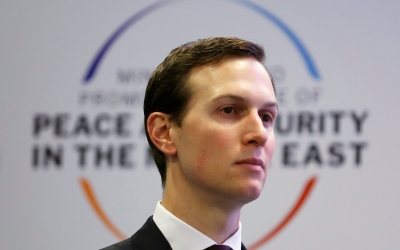
"Our focus is really on the bottom up, which is how do you make the lives of the Palestinian people better, what can you resolve to allow these areas to become more investable?" Kushner said during the panel.
During his election campaign earlier this month, Netanyahu vowed to annex the country's illegal settlements in the occupied West Bank, a proposal that would diminish the prospects of Palestinian statehood.
Last month, Trump declared US recognition of Israeli sovereignty over the Golan Heights, a strategic plateau captured from Syria in 1967. Netanyahu responded this week by announcing he would be naming an illegal Israeli settlement in the Golan Heights after Trump.
Last week, new Palestinian Prime Minister Mohammad Shtayyeh rejected news of the plan's proposed arrival, telling the Associated Press that the peace plan will be "born dead".
"There are no partners in Palestine for Trump. There are no Arab partners for Trump and there are no European partners for Trump," Shtayyeh said.
Palestinian officials have vowed to reject any US-led negotiations after a string of unprecedented policy moves by Trump in favour of the Netanyahu government, including the White House's decision to move the US embassy to Jerusalem and declaring the holy city the capital of Israel.
The Trump administration has also slashed hundreds of millions of dollars of aid to Palestinians and suspended support for the UN agency for Palestinian refugees (UNRWA).
Middle East Eye delivers independent and unrivalled coverage and analysis of the Middle East, North Africa and beyond. To learn more about republishing this content and the associated fees, please fill out this form. More about MEE can be found here.


